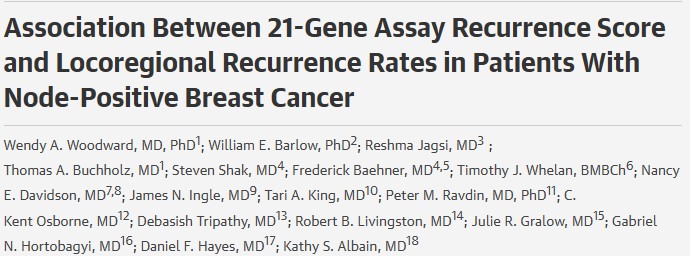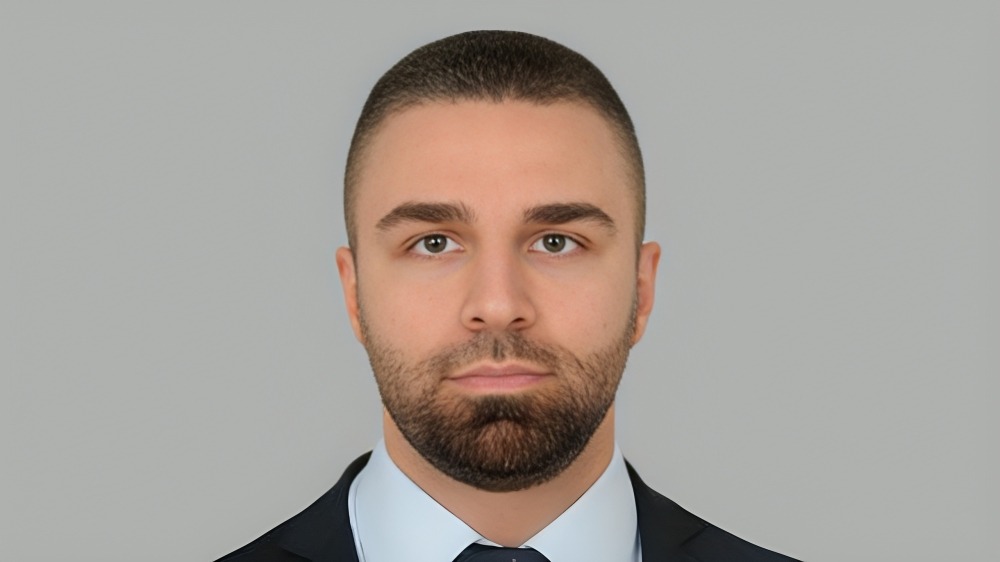Tony Felefly, Radiation Oncologist, replied to Rahul Tendulkar, Radiation Oncologist at Cleveland Clinic, shared a post on X:
“Totally agree!
The main question is for patients with N1 disease.
- We de-escalated surgery (AMAROS, SENOMAC) in the context of PMRT (>90%).
- We de-escalated systemic therapy (RxPONDER) in the setting of PMRT.
- We de-escalated RT (SUPREMO) in the setting of ALND (~80%) and chemotherapy (86%).
Most patients nowadays do not receive chemotherapy, nor do they undergo an ALND.
Can we really de-escalate all three modalities – surgery, chemotherapy, and RT – for these patients?
Also, how do we reconcile these results with patients who have received chemotherapy for a high Oncotype Dx, knowing that these genomic-selected patients also have a higher risk of locoregional recurrence?
Many questions remain unanswered.
Eager to know what others think about this!.”
Replying to Rahul Tendulkar post on X:
“Patients on SUPREMO had median 14 lymph nodes removed, so PMRT adds little value for pT1-2N1 after ALND. If ALND not done for SLN+, PMRT still indicated since >30% have risk of additional LN+ per AMAROS & SENOMAC.
ASCO guidelines summarize nicely.”
Title: Association Between 21-Gene Assay Recurrence Score and Locoregional Recurrence Rates in Patients With Node-Positive Breast Cancer
Authors: Wendy A. Woodward, William E. Barlow, Reshma Jagsi, Thomas A. Buchholz, Steven Shak, Frederick Baehner, Timothy J. Whelan, Nancy E. Davidson, James N. Ingle, Tari A. King, Peter M. Ravdin, C. Kent Osborne, Debasish Tripathy, Robert B. Livingston, Julie R. Gralow, Gabriel N. Hortobagyi, Daniel F. Hayes, Kathy S. Albain
Read the full article on JAMA Oncology.

Read more posts about Breast Cancer on OncoDaily.


